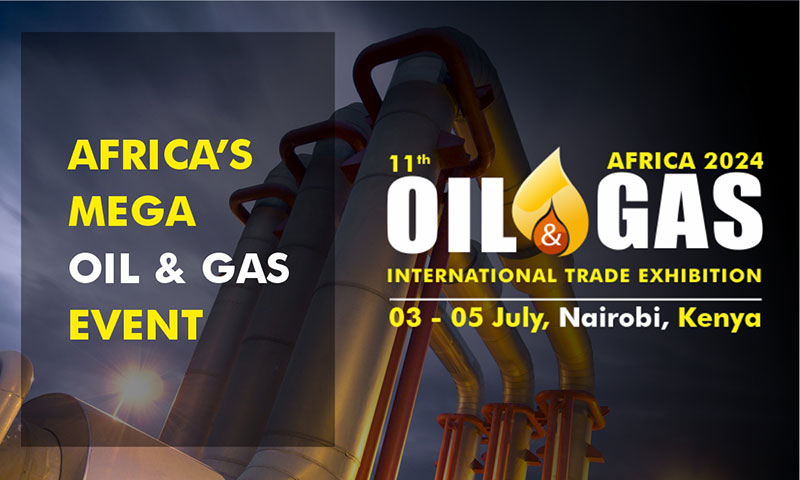

Oil and gas: Why Rwandan and regional companies could miss out on oil dollars
Posted on :Tuesday , 10th March 2015
The East African region is now a well-known hydro carbon hotspot and as a result foreign investors are flocking in to take advantage of this business opportunity.
However, there is need to put in place strategies that will enhance transparency and accountability, as well as ensure regional firms benefit from opportunities presented by the activities in the oil and gas sector, commented a participant at the just-ended seventh petroleum regional summit held in Kigali.
Sector analysts say regional companies are not benefitting from the lucrative business opportunities in the industry. Which is why some experts are calling for laws that support local firms to win tenders and provide services to oil firms operating in the sector. This is commonly known as local content aspect.
Lyoidah Kiconco from Schlumberger East Africa, one of the leading oilfield services provider, says there is need to align oil sector strategies with local content requirements.
She also challenges regional service providers to always study and understand tendering processes, contracts, and their implication on their businesses.
Kiconco told Business Times that most firms do not win tenders in the oil and gas sector as they do not understand the tendering process or lack financial and professional capacity to provide the services.
“Regional governments must also invest in relevant international accreditation and certification that could boost the profile of local firms, as well as encourage them to form joint ventures and partnerships with international suppliers to marshall the necessary skills and capital required to get oil jobs,” she said on the sidelines of the summit.
The East African region has confirmed huge oil and gas finds; Uganda has over 6.5 billion barrels of commercial oil resources in the Albertine Graben. The country is preparing to embark on the production phase, while Kenya with an estimated one billion barrels of recoverable oil, targets to start oil production in 2017.
Tanzania has huge gas resources, with the government estimate of recoverable natural gas resources to up to 53.2 trillion cubic feet (tcf) offshore to the south of the country, as of late last year.
Rwanda is currently seeking firms to explore for oil and gas, with promising prospects in the Lake Kivu area. These developments have presented regional businesses, especially SMEs in the oil and gas sector, huge opportunities for growth but the majority lack capacity and expertise. The region has also not developed clear guidelines that promote local content to ensure local firms do not miss out on jobs in the sector.
Please Select an Option
-
Exhibiting
-
Visiting
-
Information

Expogroup
Expogroup is a full service exhibition organiser with over 28 Years experience in International trade exhibitions. Our current portfolio includes 28 annual exhibitions from a diverse range of industries being held across the Middle East & Africa.
EXPOGROUP © 2025 | Privacy policy
